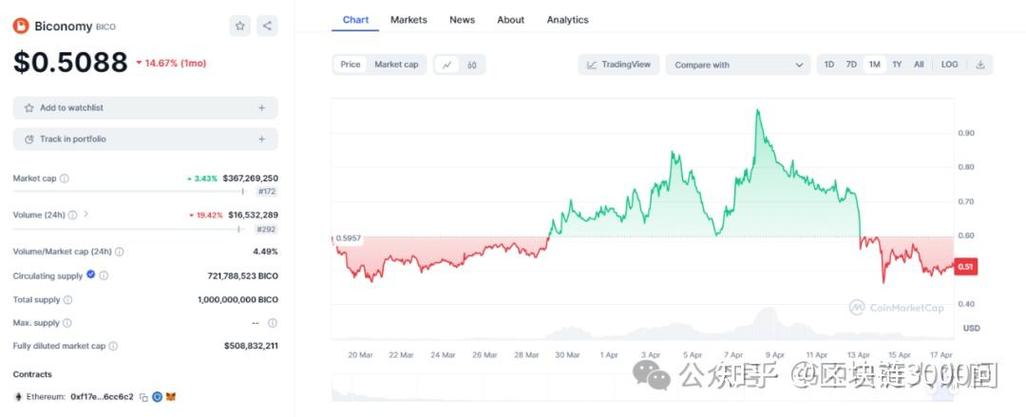
Eos vs Eth: A Detailed Comparative Analysis
When it comes to the world of cryptocurrencies, Ethereum (ETH) and EOS have been two of the most prominent players. Both have their unique features and strengths, making them popular choices among investors and developers. In this article, we will delve into a multi-dimensional comparison of EOS and ETH, covering aspects like market performance, technology, community, and future prospects.
Market Performance
Let’s start with the market performance of both cryptocurrencies. As of the latest data available, Ethereum has a market capitalization of $200 billion, making it the second-largest cryptocurrency after Bitcoin. EOS, on the other hand, has a market capitalization of $4 billion, placing it at number 7 in the cryptocurrency rankings.

| Cryptocurrency | Market Capitalization | Ranking |
|---|---|---|
| Ethereum (ETH) | $200 billion | 2 |
| EOS (EOS) | $4 billion | 7 |
While Ethereum has a significantly larger market capitalization, it’s important to note that EOS has seen rapid growth in its market value over the past few years. This growth can be attributed to the increasing demand for decentralized applications (DApps) and the rising popularity of blockchain technology.
Technology
Ethereum and EOS differ significantly in terms of their underlying technology. Ethereum is a decentralized platform that enables smart contracts and decentralized applications. It uses a proof-of-work (PoW) consensus mechanism, which requires miners to solve complex mathematical problems to validate transactions and secure the network.
In contrast, EOS is a blockchain platform designed to support decentralized applications. It uses a unique consensus mechanism called Delegated Proof of Stake (DPoS), which allows users to vote for block producers who are responsible for validating transactions and creating new blocks.
Community
The community surrounding Ethereum and EOS is another important aspect to consider. Ethereum has a large and active community, with numerous developers, investors, and enthusiasts contributing to its growth. The Ethereum Foundation, founded by Vitalik Buterin, plays a crucial role in guiding the development of the platform.
EOS, on the other hand, has a strong community as well, with a focus on scalability and user-friendliness. The EOS.IO software, developed by Block.one, aims to provide a more efficient and accessible blockchain platform for developers and users.
Future Prospects
Looking ahead, both Ethereum and EOS have promising future prospects. Ethereum is currently working on its next major upgrade, Ethereum 2.0, which is expected to improve scalability and reduce transaction fees. This upgrade is expected to make Ethereum more competitive in the decentralized application space.
EOS, on the other hand, is focusing on expanding its ecosystem and attracting more developers. The platform has already seen the launch of several successful DApps, and there is a growing interest in its DPoS consensus mechanism.
In conclusion, both Ethereum and EOS have their unique strengths and weaknesses. While Ethereum has a larger market capitalization and a well-established community, EOS offers a more efficient and scalable platform for decentralized applications. As the cryptocurrency market continues to evolve, both cryptocurrencies have the potential to grow and become even more significant players in the industry.



